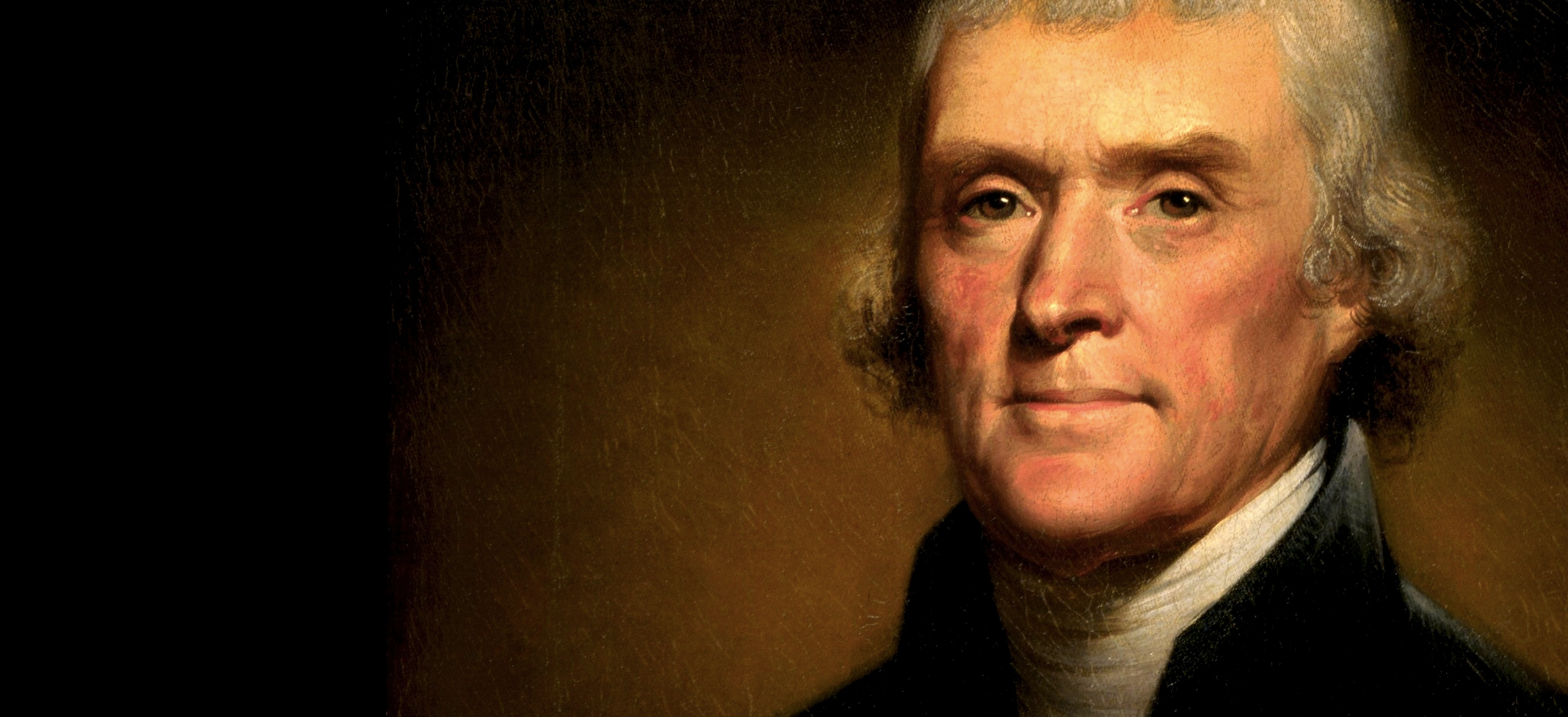Governor Nathan Deal rejected a bill on Tuesday that would have allowed eligible students in Georgia to carry concealed weapons at public universities. In a lengthy veto statement, Deal said he found “enlightening evidence” for his position in the views of pair of Founding Fathers who, nearly two centuries ago, opened a college where guns would not be allowed.
In October of 1824, Thomas Jefferson and James Madison attended a board meeting of the University of Virginia, which would open the following spring. Jefferson and Madison had spent not a little time thinking about individual liberties. But minutes from the meeting show that their new school would not extend the right to bear arms to its red-brick grounds.
“No student shall, within the precincts of the University, introduce, keep or use any spirituous or vinous liquors, keep or use weapons or arms of any kind …” the board declared. In his veto statement, Deal zeroed in on that passage, which can be seen in the original document below:
Deal made a bold choice to root his choice in this historical context. He could have justified his decision by referencing poll statistics (which in 2014 showed scant support for campus carry in Georgia) or listing higher education officials’ and academics’ concerns about free speech and law enforcement’s worries about student safety (all of which were abundantly voiced).
Instead, he invoked the very authority on which many gun rights enthusiasts rely: The Founding Fathers’ words and intentions on the right to bear arms.
Many quotes about the relationship of private firearm ownership and freedom — often deployed online by gun rights proponents — have been misattributed to Jefferson, or misconstrued. Jefferson is widely credited with saying, “The beauty of the Second Amendment is that it will not be needed until they try to take it,” but archivists at Monticello have found no evidence he made this statement. He is on record has having written, “Let your gun therefore be your constant companion of your walks” in a letter to his nephew. But historian Saul Cornell thinks Jefferson was most likely contemplating slave rebellion, not the need for self defense from criminals.
Staunch advocates for gun rights say that gun restrictions are a betrayal of the wishes of the Founders, and the authority they have drawn from the authors of the Constitution has served their movement greatly. The Supreme Court opinion which affirmed the right to bear arms as an individual right, rather than one limited to militias, was an exercise in textual reading and historical investigation. So when Deal — a Republican politician who is far from gun-shy — issued his veto of campus carry, he deployed a method of argument that should feel familiar to gun rights proponents.
“The approval of these specific prohibitions relating to ‘campus carry’ by the principal author of the Declaration of Independence, and the principal author of the United States Constitution,” Deal wrote yesterday, referring to the University of Virginia board minutes, “should not only dispel any vestige of constitutional privilege but should illustrate that having college campuses free of weapons has great historical precedent.”
Deal was appealing to gun-rights advocates’ respect for history. But he landed on a different conclusion: The Second Amendment has its limits, and they’re at the campus gates.
[Photo: Wikicommons]

